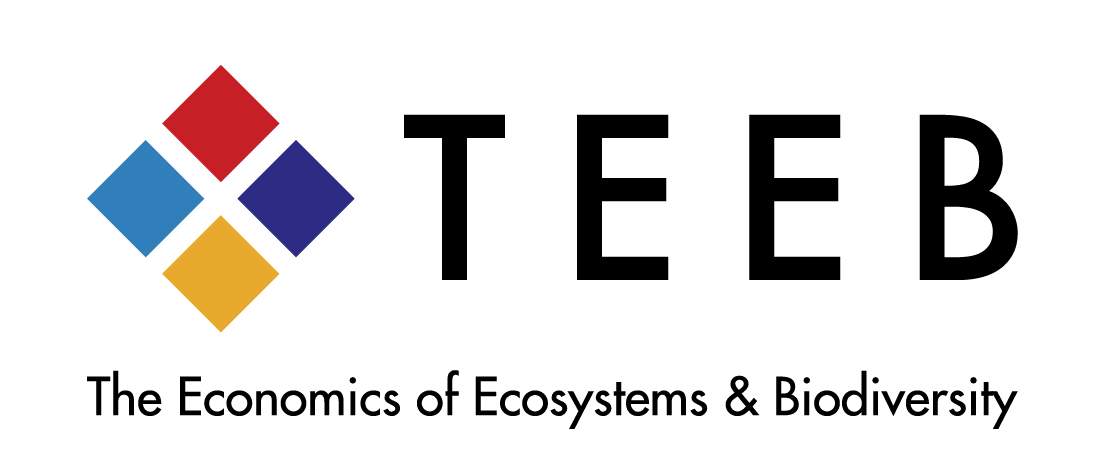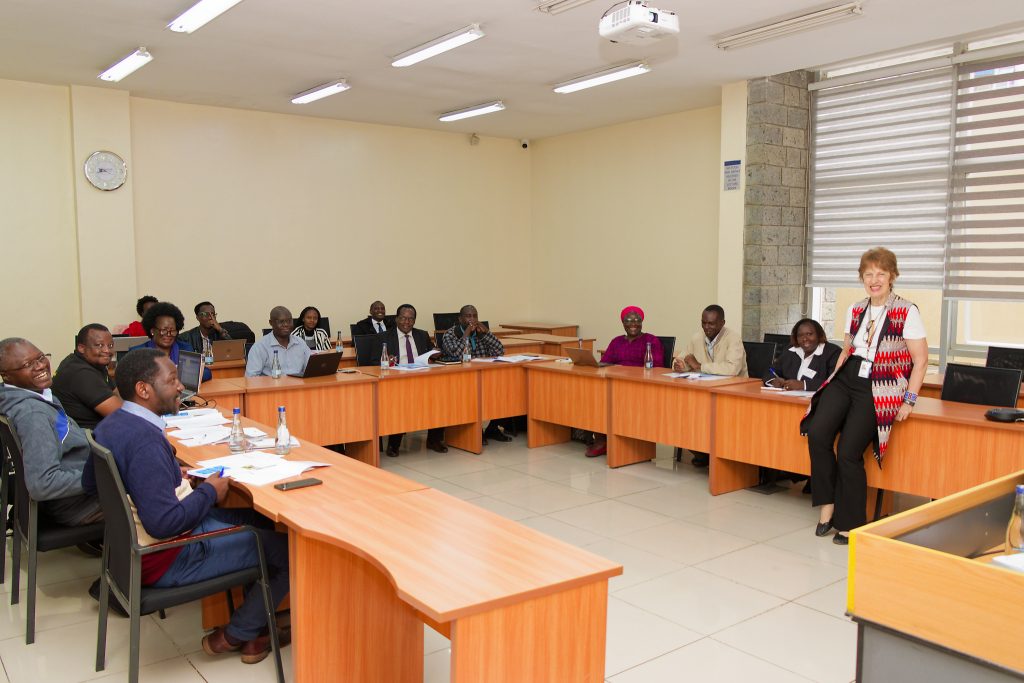On Wednesday, May 14, 2025, journalists from across the country and researchers from Strathmore University Business School SBS) and the United Nations Environment Programme gathered for a Journalists Roundtable under the True Value of Food Project in Kenya. The event aimed to review and enhance the media’s role in promoting sustainable food systems in the country.
Rosemary Okello-Orlale, Director of Africa Media Hub at SBS, kicked off the session by setting the stage for a collaborative discussion on how journalism can influence Kenya’s agricultural narrative. She acknowledged the significant impact of media in shaping public opinion and policy and emphasized the necessity for cross-sector collaboration to address food security challenges.
Prof. Jacqueline McGlade, Project Lead for the True Value of Food Project in Kenya, presented an overview of the initiative and shared insights into the current state of Kenya’s food systems. She stressed the importance of moving beyond traditional metrics of food production to adopt nature-positive policies that consider environmental, social, and economic factors.
Prof. McGlade’s presentation focused on several key themes, including:
- The role of evidence-based policymaking in agriculture
- Bridging science and policy through effective communication
- Recognizing the true cost of food production, including environmental degradation and health outcomes
- Identifying policy gaps and opportunities for reform
“We must adopt a data-informed, inclusive approach to food systems—one that values biodiversity, climate resilience, and the well-being of communities,” noted Prof. McGlade.
The roundtable included a media-focused session discussing how journalists have been reporting on the food sector and major issues. The participants reflected on challenges such as limited access to reliable data, underreporting of food system issues, and a lack of scientific understanding among the general public.
Despite these challenges, the media’s potential remains significant. Participants highlighted how journalists can shape public discourse on food security, advocate for evidence-based policies, and amplify stories of innovation and resilience within Kenya’s food systems. The discussion further underscored the importance of capacity building for journalists, ongoing dialogue among the media and key stakeholders in the agrifood ecosystem, and access to contextual data to enhance the quality and impact of food-related reporting.
Rosemary Okello-Orlale and Prof. McGlade closed the event with a clarion call for stronger collaboration among the media, academia, and policy institutions. Journalists were encouraged to embrace their role as catalysts for change by reporting on food and rethinking how food is valued, produced, and consumed.
In a world grappling with increasing food insecurity, climate shocks, and policy uncertainty, this roundtable reaffirmed one crucial point: when journalists understand the true value of food, they can initiate conversations that lead to meaningful, lasting change.
The True Value of Food Project Kenya is a collaborative initiative led by The Economics of Ecosystems and Biodiversity (TEEB) in partnership with Strathmore Business School (SBS) and funded by the IKEA Foundation. It seeks to highlight the value of nature and drive the transformation of Kenya’s food systems. Further, it aims to promote environmental sustainability while improving the well-being of communities. Learn more about this project here.
Article by Juliet Hinga

